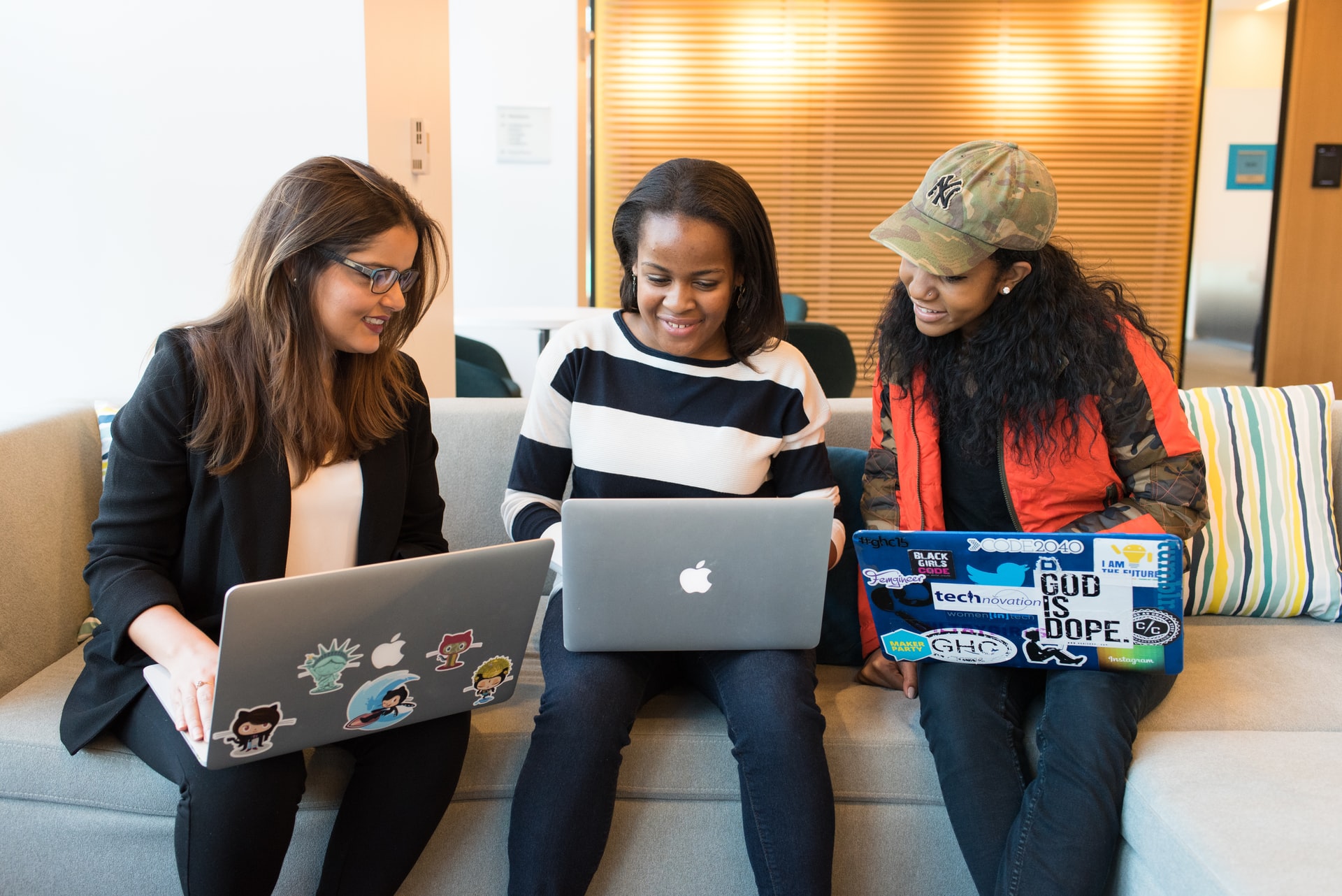You can hardly move for webinars on the new normal, home-working and predictions around the future of the office. So it was almost a surprise that this morning’s CoreNet UK Chapter webinar exploring the repositioned office managed to break new ground.
Chaired by Will Poole-Wilson from Will+Partners, the session kicked off with Julian March, digital accelerator from Positive Momentum. March previously worked in broadcast and compared the journey TV news has undertaken over the past 20 years from analogue to cloud, mobile and multiplatform to the journey workplaces have taken from office to space.
Workplace evolution
We’ve gone from journalists working in skill and physical silos on different story elements supported by big infrastructure and video transfer by satellite to multi-skilled journalists working collaboratively but remotely in real-time together on a story on mobile for mobile, he said. That agility has broken down silos and hierarchies with people now able to work anywhere. “Technology has changed the workflow so people can work anywhere, meeting increased customer demand for new products which means space is no longer the office,” he said. “Offices are now part of that connected space.” March went on to pose some interesting questions around how values are reflected in the workplace experience including collaboration, sustainability, flexibility, wellness and inclusion.
Empowering employees
While there are plenty of people talking about changing their workplace experience, few have managed to achieve it to the same degree as tech firm Unit 4. James O’Neill, leader of workplace experience, explained that employees now have the freedom to get work done in the way that makes most sense to them. “We’re asking people to rethink their relationship between work and the office. They have the flexibility to choose.” The key, he said, is to ensure that people are accountable for making the right choices, remain productive and conduct their role successfully. The result has been people moving out of inner cities to enjoy more space in the suburbs, children moving to better schools, a better work-life balance and, most interestingly, more people volunteering in their local area. ”This is all better for people and for the communities in which they live,” he said.
People now come to work for the social side, to collaborate, to problem solve, to scrum, O’Neill added. “We’re now working out how we reshape the physical space in the office to better support those activities.” But he acknowledged that it requires a significant change in mindset. “Whenever someone says I have to work like this, then you need to challenge them why.”
Data-informed decisions
Making these types of decisions without the data to support them is a mug’s game, so the webinar concluded with Allison English, Deputy CEO at Leesman, the employee workplace experience assessment benchmark. English talked through the impact of home-working on employee experience using data from the company’s existing workplace assessment tool and its newer home-working questionnaire. Overall, people feel slightly better supported in the home working environment than in the office. However, this is not the case for everyone and for every task.
The data suggests that the main predictor of home working experience is the type of work environment at home. People with a dedicated working environment at home report a higher level of productivity than those working from a non-specific location in their home. The largest benefits of home working are in support of different types of conversations while the main challenges are in social interaction and feeling connected.
CRE, workplace and HR need to work together closer than ever before to achieve the shift to more diversified working, concluded O’Neill. Management training also has a role to play. “If someone says they’re struggling with home-working, is it a problem with the space, or with the way they’re being managed?”
Sign up to future CoreNet UK Chapter events.









